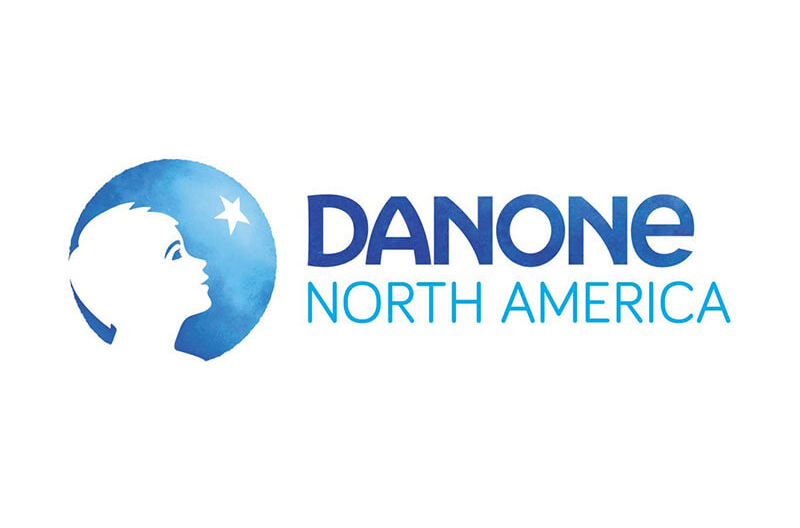Broomfield, Colorado-based Danone North America has announced the year five results of its multi-year, multi-million-dollar regenerative agriculture program, which includes both dairy milk and almond milk sourcing.
Since its launch in 2017, the program has expanded its reach to 144,771 acres, exceeding the company’s goal to reach 100,000 acres by 2022.
Danone North America defines regenerative agriculture as a set of farming practices that helps protect soils, water and biodiversity and improve animal welfare while acknowledging the role of farmers. The company introduced its regenerative agriculture program aimed in part at improving organic matter in soils to increase carbon sequestration and improve yields – reducing chemical use, restoring biodiversity and enhancing soil water holding capacity.
“Danone North America recognizes the potential of regenerative agriculture to serve as an impactful tool in our fight against climate change, and as a company, have committed to advancing these practices both within our farmer partner network and more broadly within the industry,” said Jennifer Simpson, director of agriculture.
“By providing tailored, climate-smart agriculture resources and support to our farmers, we are helping to establish lasting impact, economically and environmentally.”
Notable program performance highlights from the year five assessment include:
- Reducing greenhouse gas emissions and sequestering carbon: Regenerative management practices on dairy farms reduced 51,200 tons of CO2e, equivalent to the average annual energy use of more than 5,000 American homes and sequestered more than 14,227 tons of carbon. Additionally, 70 percent of all dairy buildings in the program have been upgraded to LED lighting.
- Protecting and restoring soil: Farmer partners placed cover crops – which protect the soil and increase crop yields – on 69 percent of the program’s acreage. There was also 370,963 tons of natural manure fertilizer and 516 million gallons of natural manure effluent applied, resulting in a fertilizer cost avoidance of $7.3 million.
- Fostering biodiversity with species, varieties and wildlife: Farmer partners in the program grew more than 30 species of cover and cash crops. Looking ahead, Danone North America is working with almond farming partner Harris Woolf to develop a 10-acre pollinator garden, which will live among an on-farm array of solar panels.
- Preserving and protecting water systems: Results reflect on-farm projects, including efforts at Danone North America partner McCarty Family Farms, which in year five reused 20 million gallons of water extracted by its milk condensing plant for irrigation needs.
As this is the final year of the research aspect of the program, Danone North America will continue to build upon its regenerative agriculture program, working with its partners to increase program acreage and provide continuous improvement plans that drive meaningful progress. This is a key aspect of Danone’s goal to reduce carbon emissions by 50 percent by 2030 and become net zero by 2050.
More information on Danone North America’s regenerative agriculture practices can be found here.

